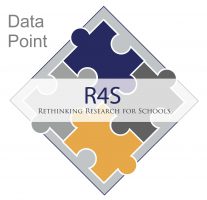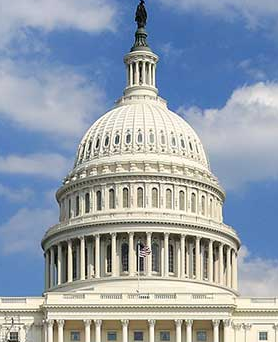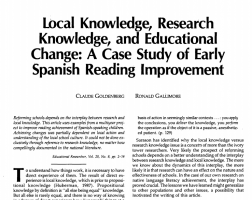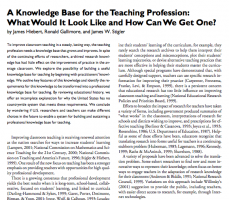Structures for Research Use in Schools
Structures for Research Use in Schools
In our recent survey, teachers and administrators were asked to describe how they hear about research to help make decisions about classroom practice, school-based decisions, and district-level decisions. This report shows what “structures” educators have available. Continue reading Structures for Research Use in Schools








